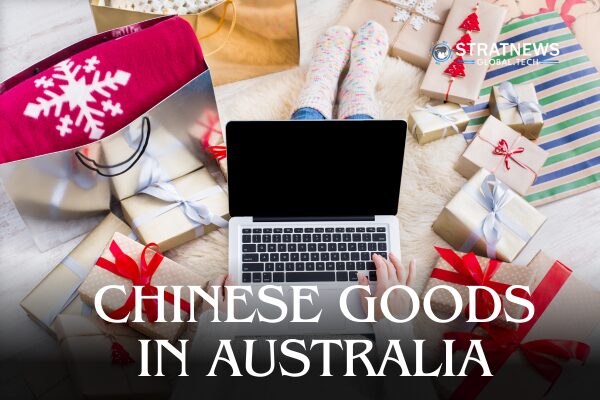Rising Cheap Chinese Goods Offer Relief Amid Cost-of-Living Strains
As the world worries about rising US tariffs and the threat of renewed inflation, Australia is benefiting from an unexpected source of economic relief. The arrival of cheap Chinese goods, particularly through popular e-commerce platforms, is helping to temper inflation and ease pressure on household budgets.
Chinese online retail giants such as Alibaba’s Taobao and JD.COM are expanding in the Australian market. Their entry is well-timed, as local consumers search for affordable alternatives amid persistent cost-of-living challenges.
Low Prices Encourage Consumer Spending
Australia, which manufactures few finished goods locally, has long depended on imports. The growing availability of low-cost products from China is boosting consumer confidence and supporting the Reserve Bank of Australia’s (RBA) recent interest rate cut.
For many Australians, platforms like Taobao offer unbeatable deals. Melbourne therapist Jodi Clarke, for instance, picked up three Hermes-style handbags for just A$129. “If I can get it cheaper through Taobao, 100% I’ll buy from them,” she said.
The influx of Chinese products is due in part to shifting global trade dynamics. With access to the US market complicated by tariffs, Chinese manufacturers are turning to new overseas buyers. Australia, with its high demand for imports, is a prime target.
E-Commerce Surge Strengthens Disinflationary Forces
According to HSBC’s Frederic Neumann, Chinese e-commerce growth is accelerating global price divergence. While US prices rise, economies like Australia are seeing inflation stabilise or fall. The RBA echoed this in its quarterly update, noting that cheaper Chinese goods are unlikely to replace Australian production and could lower input costs for local industries.
In 2023, Australia imported A$110 billion worth of goods from China. Recent data shows a 9% month-on-month increase in Chinese exports to Australia, even as shipments to the US dropped sharply.
Goldman Sachs estimates this redirection of goods—particularly in categories like toys, furniture, and clothing—could shave 20 to 50 basis points off inflation over the next two years. Inflation has already eased, standing at 2.4% in the first quarter, well within the RBA’s 2–3% target band.
Growing Market for Chinese Platforms
Temu, Shein, and now JD.COM and Taobao are all expanding their footprints in Australia. Shein has launched its first local brand, Aralina, and recently hosted a pop-up in Sydney. Meanwhile, Taobao is promoting its mid-year “618” sale in English and offering free shipping on certain orders.
Consumers are responding positively to these changes. While some note high shipping costs, many say Taobao’s app is user-friendly and includes helpful translation tools. Social media platforms like TikTok are filled with “Taobao haul” videos, highlighting the growing popularity of these budget-friendly purchases.
Jessica Cox, an Australian shopper, shared her first Taobao order on social media. Her haul included lookalikes of high-end products such as AirPods Max, a Dyson vacuum cleaner, and New Balance shoes. “I thought, what do I have to lose?” she said.
with inputs from Reuters


